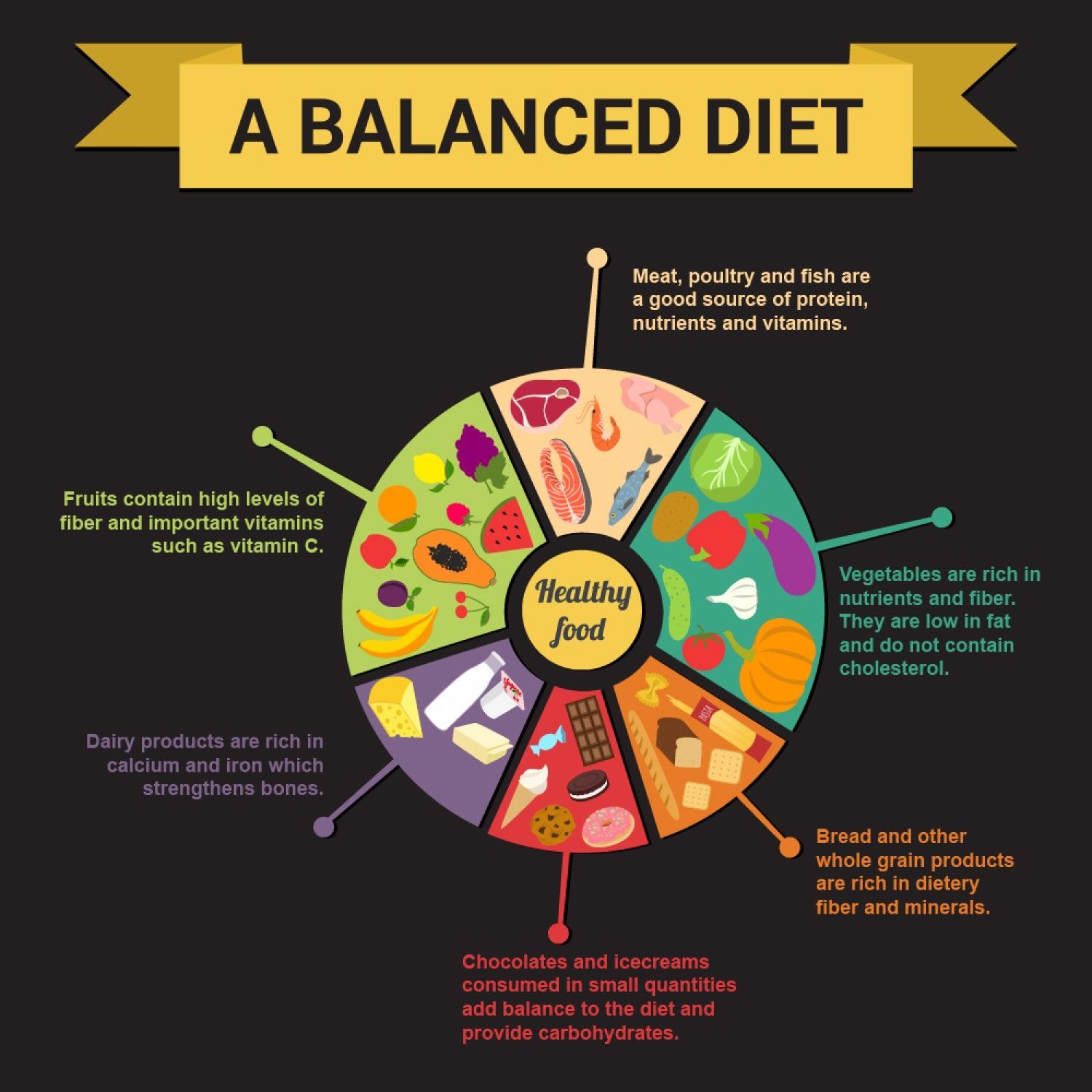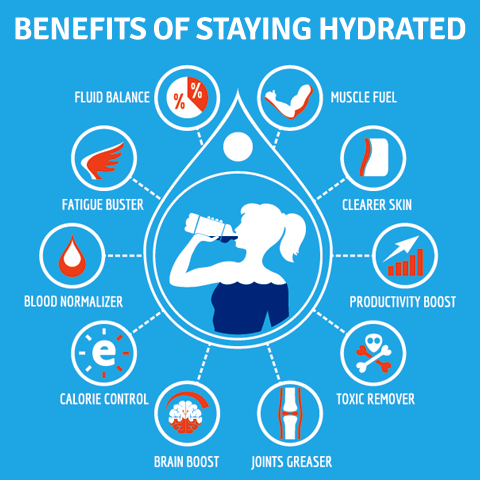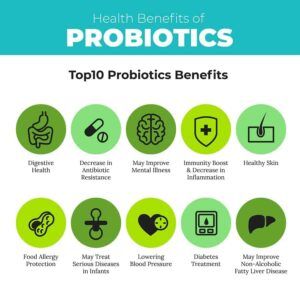A Guide to Maintaining a Balanced Diet
Eating a balanced diet is essential for maintaining good health and well-being. A balanced diet provides your body with the necessary nutrients, vitamins, and minerals it needs to function properly.
In this guide, we will explore the importance of maintaining a balanced diet and provide tips on how to achieve this lifestyle.
What is a Balanced Diet?
A balanced diet refers to consuming a variety of foods from all food groups in the right proportions. It includes a combination of fruits, vegetables, whole grains, lean proteins, and healthy fats.
By incorporating foods from each food group, you ensure that your body receives all the essential nutrients it needs for optimal health.
The Importance of a Balanced Diet
A balanced diet offers numerous benefits and plays a vital role in maintaining overall health and well-being:
Provides Energy: A balanced diet fuels your body, providing it with the necessary energy to carry out daily activities.
Weight Management: Eating a balanced diet helps maintain a healthy weight by controlling calorie intake and promoting satiety.
Boosts Immune System: A well-balanced diet strengthens the immune system, making you less susceptible to diseases and infections.
Enhances Mental Well-being: Proper nutrition positively impacts brain health, improving cognitive function, focus, and mood.
Reduces the Risk of Chronic Diseases: A balanced diet lowers the risk of developing chronic diseases such as heart disease, diabetes, and certain types of cancer.
Supports Growth and Development: In children and teenagers, a balanced diet is crucial for healthy growth and development.
Tips for Maintaining a Balanced Diet
Here are some tips to help you maintain a balanced diet:
Eat a Variety of Foods: Include foods from each food group to ensure you receive a wide range of nutrients.
Portion Control: Pay attention to portion sizes to avoid overeating. Use smaller plates to help control your portions.
Increase Fruit and Vegetable Intake: Aim to include a variety of colorful fruits and vegetables in your daily meals.
Choose Whole Grains: Opt for whole grain products like whole wheat bread, brown rice, and oats instead of refined grains.
Limit Added Sugars and Saturated Fats: Reduce your consumption of sugary drinks, desserts, and foods high in saturated fats.
Hydration is Key: Drink plenty of water throughout the day to stay hydrated and maintain bodily functions.
Include Lean Proteins: Incorporate lean sources of protein such as poultry, fish, legumes, and nuts in your meals.
Choose Healthy Fats: Opt for sources of healthy fats like avocados, nuts, and olive oil over saturated and trans fats.
Moderation is Key: Enjoy your favorite indulgences in moderation to maintain a balanced diet without feeling deprived.
Incorporating Exercise into a Balanced Diet
Alongside a balanced diet, regular physical activity is vital for overall health. Exercise provides numerous benefits, including weight management, improved cardiovascular health, and enhanced mental well-being.
Find activities you enjoy, such as walking, running, swimming, or joining fitness classes. Aim for at least 150 minutes of moderate-intensity exercise per week, or 75 minutes of vigorous-intensity exercise.
Conclusion
Maintaining a balanced diet is essential for living a healthy and fulfilled life. By following the tips mentioned in this guide and incorporating regular exercise, you can achieve optimal well-being and reduce the risk of chronic diseases.
Remember, it’s never too late to start making positive changes to your diet. Start small, set achievable goals, and gradually adopt healthier eating habits. Your body will thank you for it!


